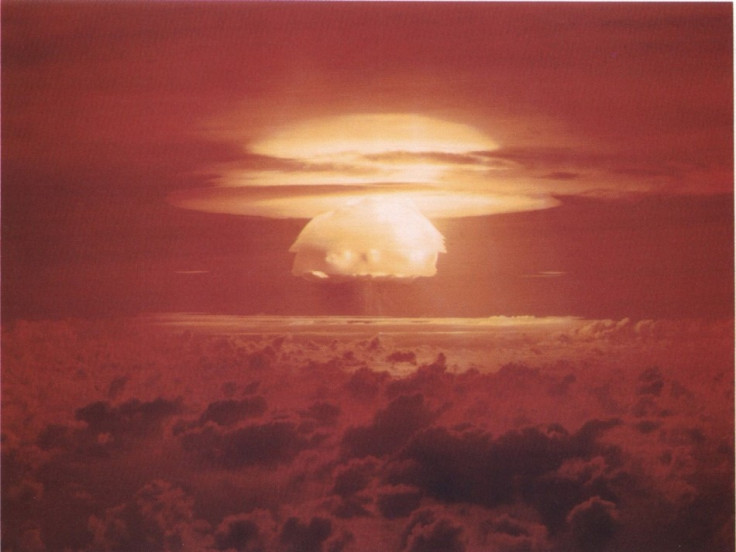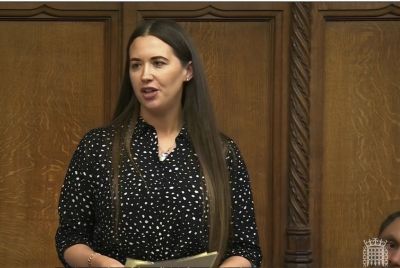Revealed: Secret Papers Show Nato Game Nearly Sparked Global Nuclear War

Newly declassified documents show how close the world came to nuclear war when a series of military manoeuvres by the US and its Nato allies was misinterpreted by the then Soviet Union as preparation for an attack.
Operation Able Archer was launched on 2 November 1983, and involved more than 40,000 troops moving across Europe using encrypted communications equipment and acting out the Nato response to an imagined Soviet invasion of Yugoslavia.
Obtained through a Freedom of Information Act request by the Nuclear Information Service (NIS), which campaigns against the proliferation of nuclear weapons, cabinet memos and briefing papers show that UK Prime Minister Margaret Thatcher was so disturbed to learn that Russian planes had been loaded with nuclear weapons and submarines launched in readiness for an armed response, she ordered officials to lobby the US to ensure the situation was never repeated.
A classified British Joint Intelligence Committee (JIC) report written shortly after the exercise recorded the observation from one official that "we cannot discount the possibility that at least some Soviet officials/officers may have misinterpreted Able Archer 83 and possibly other nuclear CPXs [command post exercises] as posing a real threat."
In response to the exercise, the Kremlin ordered a dozen aircraft in East Germany and Poland to be loaded with nuclear weapons, for 70 SS-20 missiles to be placed on heightened alert and submarines carrying ballistic nuclear missiles to go under the Arctic ice to avoid detection.
The scale of the Soviet response was only made clear to spies when double agent Oleg Gordievsky briefed the British in London.
Then cabinet secretary Sir Robert Armstrong told Thatcher that the Soviet response did not appear to be an exercise because it "took place over a major Soviet holiday, it had the form of actual millitary activity and alerts, not just war-gaming, and it was limited geographically to the area, central Europe, covered by the Nato exercise, which the Soviet Union was monitoring".
The stand-off came during a period of heightened tension between the Cold War adversaries. Months previously, the Soviets had shot down a Korean Airlines Boeing 737 passenger jet, killing hundreds of civilian passengers, mistakenly believing it to be an American spy plane. Earlier that year president Ronald Reagan gave a speech describing the Soviet Union as an 'evil empire'.
Formerly classified files reveal Thatcher was so alarmed by the Soviet response that she ordered her officials to "consider what could be done to remove the danger that, by miscalculating western intentions, the Soviet Union would over-react". She ordered her officials to "urgently consider how to approach the Americans on the question of possible Soviet misapprehensions about a surprise Nato attack".
In response, the Ministry of Defence and Foreign Office drafted a paper for discussion with the US proposing "Nato should inform the Soviet Union on a routine basis of proposed Nato exercise activity involving nuclear play".
Reagan was reportedly so swayed by the arguments in the report that he initiated a thawing of relations with the Soviet Union.
Peter Burt, director of the NIS, told the Observer: "The Cold War is sometimes described as a stable 'balance of power' between east and west, but the Able Archer story shows that it was in fact a shockingly dangerous period when the world came to the brink of a nuclear catastrophe on more than one occasion."
© Copyright IBTimes 2024. All rights reserved.























